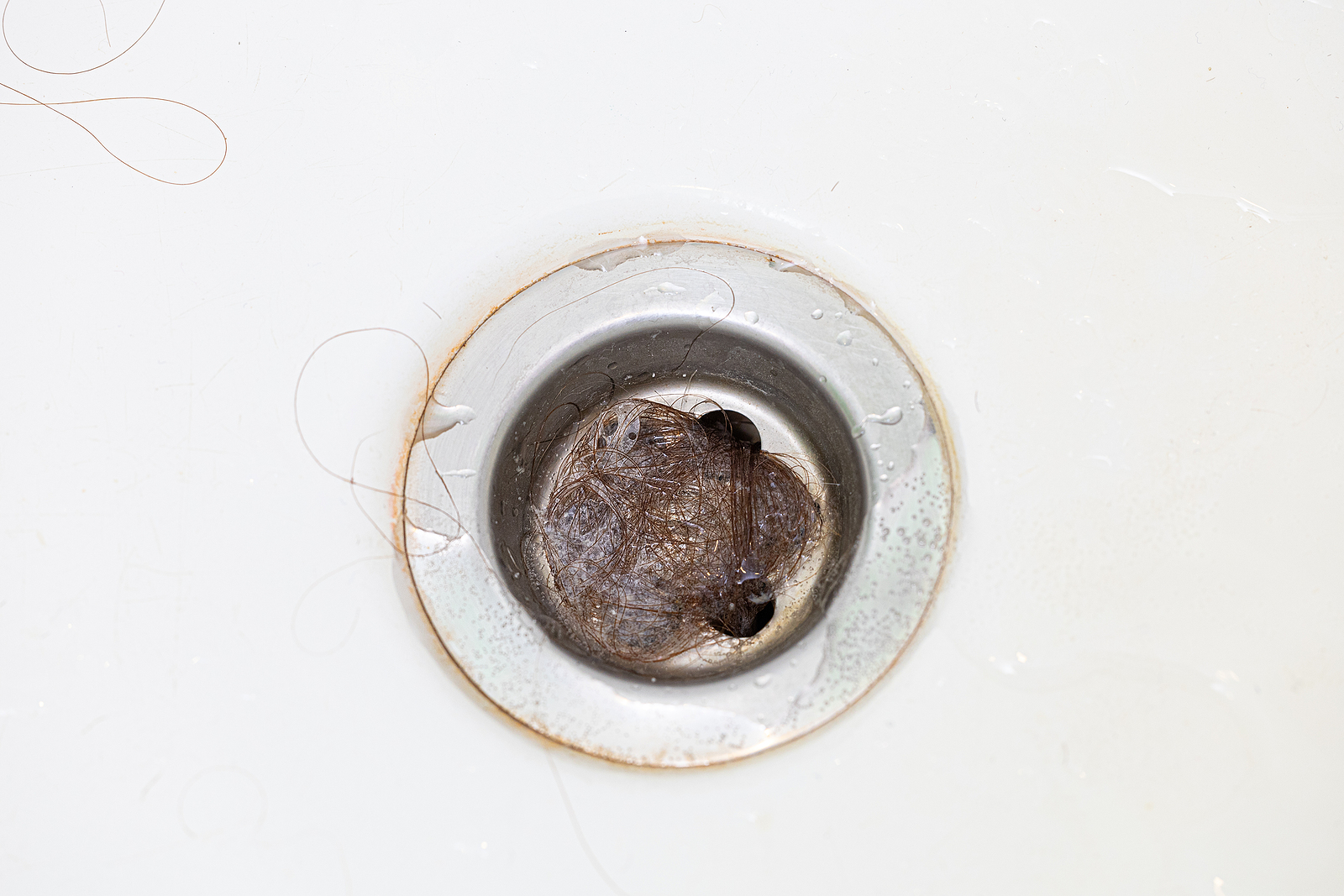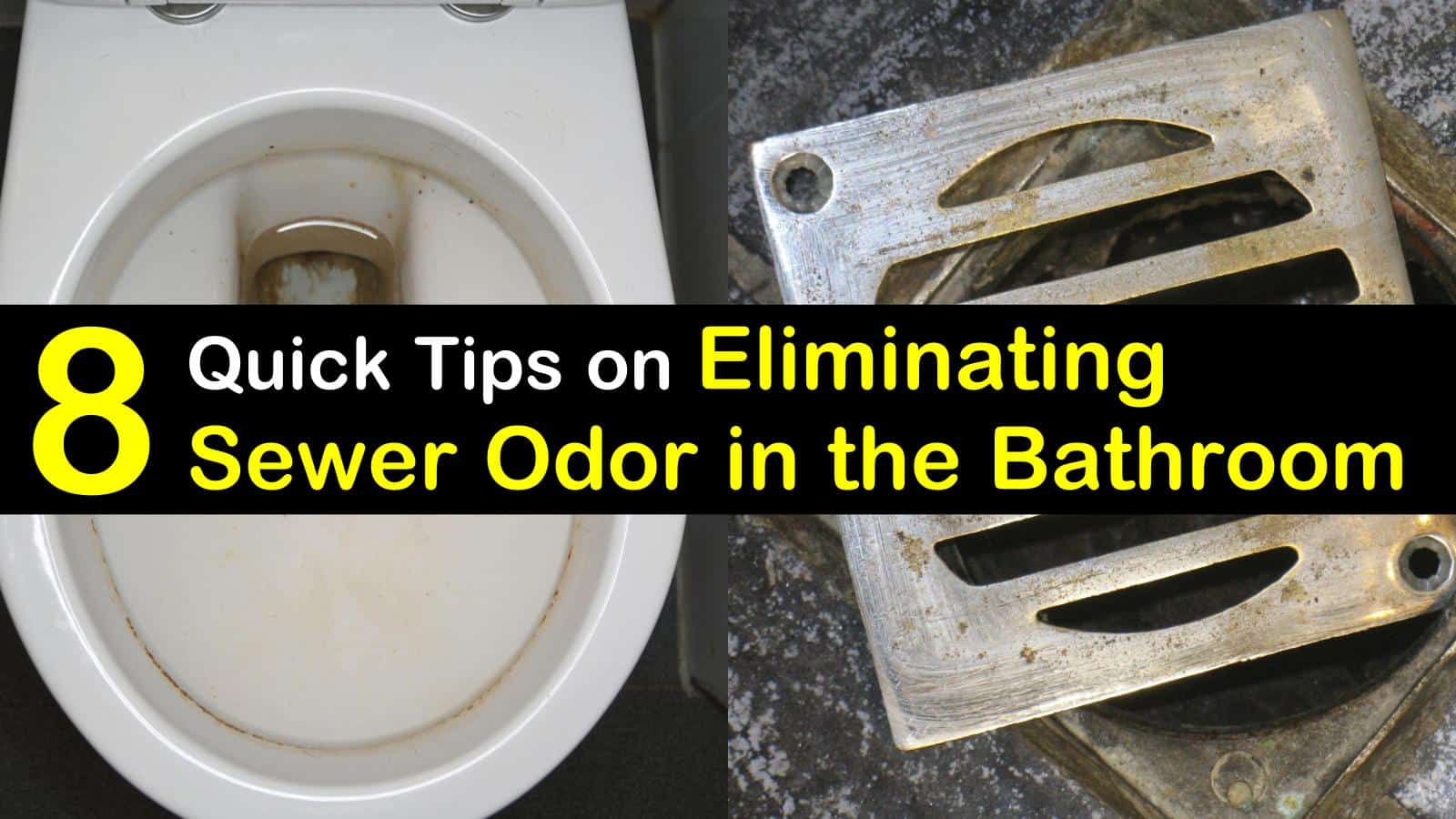Common Causes of Bathroom Plughole Smells

The unwelcome scent of a bathroom drain can be a source of embarrassment and discomfort. Fortunately, understanding the root causes of these odors can help you address the problem effectively. The most common culprits include biological factors, trapped debris, and plumbing issues.
Biological Factors
Microorganisms, particularly bacteria, thrive in warm, moist environments, such as bathroom drains. These bacteria decompose organic matter, such as hair, soap scum, and toothpaste residue, releasing foul-smelling gases as a byproduct. The presence of these bacteria can be exacerbated by infrequent cleaning and poor ventilation.
Trapped Debris
Hair, soap scum, and other debris can accumulate in bathroom drains, forming a blockage that traps water and creates an ideal breeding ground for bacteria. Over time, this trapped debris can decompose, releasing unpleasant odors. A common example is a hair clog in the shower drain, where hair accumulates, creating a barrier that prevents water from draining properly.
Plumbing Issues
A faulty plumbing system can also contribute to bathroom drain smells. Broken or cracked pipes can allow sewage gases to escape into the bathroom. Similarly, a dry P-trap, a U-shaped section of pipe that holds water to prevent sewer gases from entering the house, can also lead to unpleasant odors. A common scenario is a P-trap that dries out due to infrequent use, allowing sewer gases to enter the bathroom.
Effective Solutions for Eliminating Bathroom Plughole Smells: Bathroom Plug Hole Smells

The culprit behind those unpleasant odors emanating from your bathroom drain is often a build-up of organic matter, hair, and soap scum. These substances create an ideal environment for bacteria to thrive, releasing foul-smelling gases. Fortunately, there are several effective solutions to combat these odors and restore freshness to your bathroom.
Chemical Treatments
Chemical treatments can effectively tackle stubborn bathroom plughole smells. They contain powerful ingredients that break down organic matter and eliminate odor-causing bacteria.
- Drain Cleaners: These products are available in liquid or gel form and are designed to dissolve grease, hair, and other debris. They are particularly effective for stubborn clogs and severe odors. However, it’s essential to use drain cleaners with caution, following the manufacturer’s instructions carefully, as they can be corrosive.
- Enzyme-Based Cleaners: These cleaners use natural enzymes to break down organic matter and eliminate odors. They are gentler than chemical drain cleaners and are safer for septic systems. Enzyme-based cleaners are particularly effective for ongoing maintenance and preventing odor build-up.
Natural Remedies
Natural remedies offer a more environmentally friendly approach to eliminating bathroom plughole smells. They rely on the power of readily available ingredients that effectively tackle odors and clean drains.
- Baking Soda and Vinegar: This classic combination is a powerful cleaning agent that effectively breaks down organic matter and deodorizes drains. Pour a cup of baking soda down the drain, followed by a cup of vinegar. Allow the mixture to fizz for 30 minutes, then flush with hot water.
- Boiling Water: Pouring boiling water down the drain can help loosen debris and flush away bacteria. However, it’s important to use caution as boiling water can damage certain pipes.
- Salt: Salt can help absorb moisture and prevent the growth of bacteria. Pour a cup of salt down the drain and allow it to sit for a few hours before flushing with hot water.
Preventative Measures
Preventing bathroom plughole smells is crucial for maintaining a fresh and hygienic bathroom. These preventative measures can significantly reduce the likelihood of odor build-up.
- Regular Cleaning: Clean your bathroom drain regularly to prevent the build-up of hair, soap scum, and other debris. This can be done with a plunger or a drain snake.
- Hair Catcher: Install a hair catcher in your drain to prevent hair from clogging the drain and creating an environment for bacteria to grow.
- Avoid Pouring Grease Down the Drain: Grease can solidify in your drain, creating a blockage and attracting bacteria. Dispose of grease in a sealed container.
Maintaining a Fresh-Smelling Bathroom
A clean and fresh-smelling bathroom is essential for a comfortable and hygienic living environment. While eliminating existing bathroom drain odors is crucial, preventing them from recurring is equally important. Implementing proactive measures and establishing regular cleaning practices can ensure a long-lasting fresh scent in your bathroom.
Proactive Measures for Preventing Bathroom Drain Odors
Regular maintenance and proactive measures are key to preventing bathroom drain odors from recurring. Here are some essential practices:
- Hair and Debris Removal: Regularly remove hair and debris from the drain using a strainer or a drain snake. These materials can clog the drain and create an environment conducive to odor-producing bacteria.
- Flush with Hot Water: Regularly flushing the drain with hot water helps to clear any accumulated debris and grease. The hot water helps to dissolve grease and prevent it from solidifying, which can trap odors.
- Baking Soda and Vinegar Treatment: Periodically pour a mixture of baking soda and vinegar down the drain to remove grime and odor-causing bacteria. The fizzing action helps to loosen debris and neutralize odors.
- Avoid Overuse of Drain Cleaners: While drain cleaners can be effective in clearing clogs, overuse can damage the drain pipes and contribute to odor problems. Use drain cleaners sparingly and follow manufacturer instructions carefully.
- Keep Drain Covers Clean: Clean drain covers regularly to remove accumulated debris and prevent the growth of bacteria. Regularly washing drain covers with soap and water or using a disinfectant can help maintain a clean and odor-free bathroom.
Regular Cleaning and Maintenance Practices
Regular cleaning and maintenance of bathroom plumbing are essential for preventing odors and ensuring a fresh and hygienic environment. Here are some key practices:
- Clean the Toilet Bowl Regularly: Regularly cleaning the toilet bowl with a toilet bowl cleaner helps to remove stains and prevent the buildup of bacteria. This helps to prevent unpleasant odors from the toilet bowl.
- Clean the Sink and Tub Regularly: Regularly cleaning the sink and tub with a disinfectant cleaner helps to remove grime and bacteria, which can contribute to odor problems. Cleaning the sink and tub regularly also helps to prevent the buildup of mold and mildew.
- Clean the Shower Head: Regularly cleaning the shower head with a vinegar solution helps to remove mineral deposits and prevent clogging. This helps to ensure a consistent water flow and prevent the buildup of bacteria.
- Ventilate the Bathroom: Adequate ventilation is essential for removing moisture and preventing the growth of mold and mildew, which can contribute to odor problems. Use a fan or open a window to ventilate the bathroom after showering or bathing.
- Inspect and Clean Drain Traps: Regularly inspect and clean drain traps to remove accumulated debris and prevent the growth of bacteria. Drain traps are U-shaped pipes that hold water to prevent sewer gases from entering the bathroom. Cleaning drain traps helps to ensure proper drainage and prevent odor problems.
Tips for Maintaining a Fresh and Pleasant Bathroom Environment, Bathroom plug hole smells
Here are some practical tips for maintaining a fresh and pleasant bathroom environment:
- Use Air Fresheners: Using air fresheners can help to mask unpleasant odors and create a more pleasant scent in the bathroom. Choose air fresheners with a fresh and clean scent, and avoid using strong or overpowering scents.
- Place Scented Candles: Scented candles can help to create a relaxing and pleasant atmosphere in the bathroom. Choose candles with a subtle and refreshing scent, and avoid using candles with strong or overpowering scents.
- Use Essential Oils: Essential oils can be used to create a calming and refreshing scent in the bathroom. Add a few drops of essential oil to a diffuser or spray bottle to create a pleasant aroma. Lavender, eucalyptus, and peppermint are popular choices for bathroom scents.
- Keep Towels Clean and Fresh: Regularly washing and drying towels helps to prevent the growth of bacteria and mold, which can contribute to odor problems. Use fresh towels after each shower or bath, and replace towels regularly.
- Keep the Bathroom Dry: Keeping the bathroom dry helps to prevent the growth of mold and mildew, which can contribute to odor problems. Wipe down surfaces after showering or bathing, and use a fan or open a window to ventilate the bathroom.
